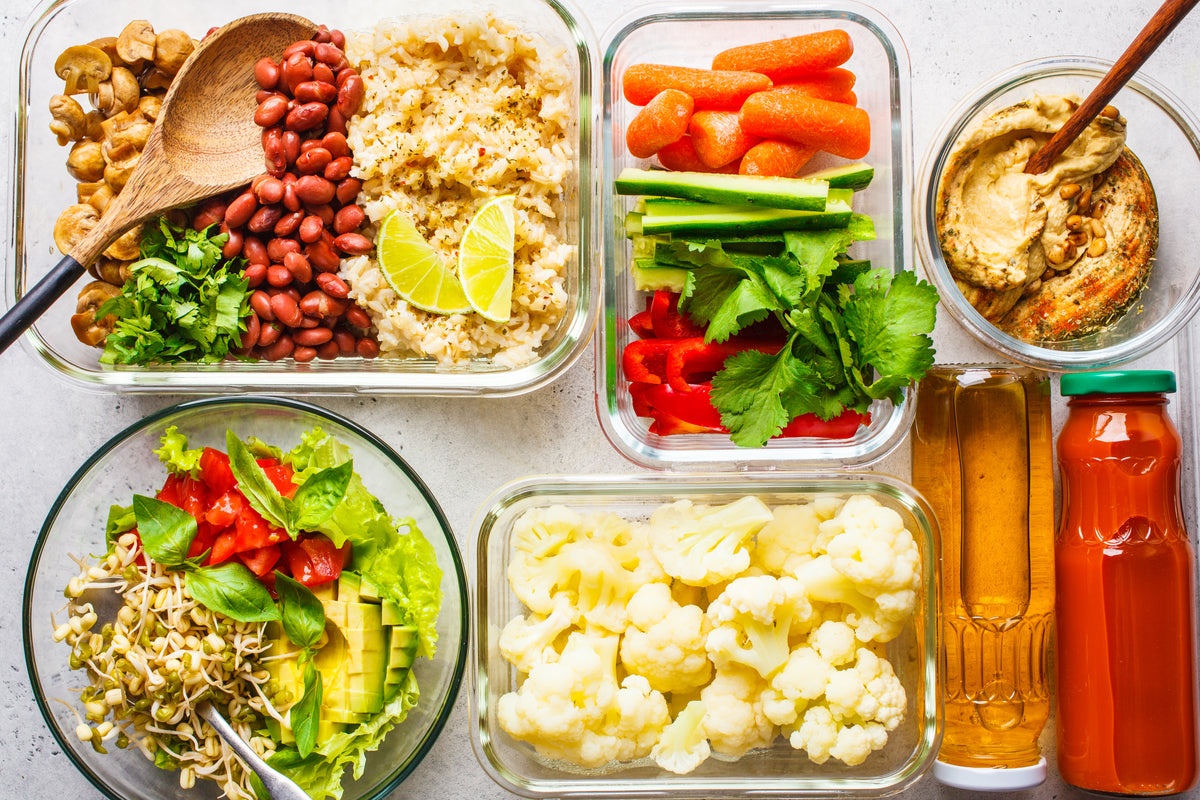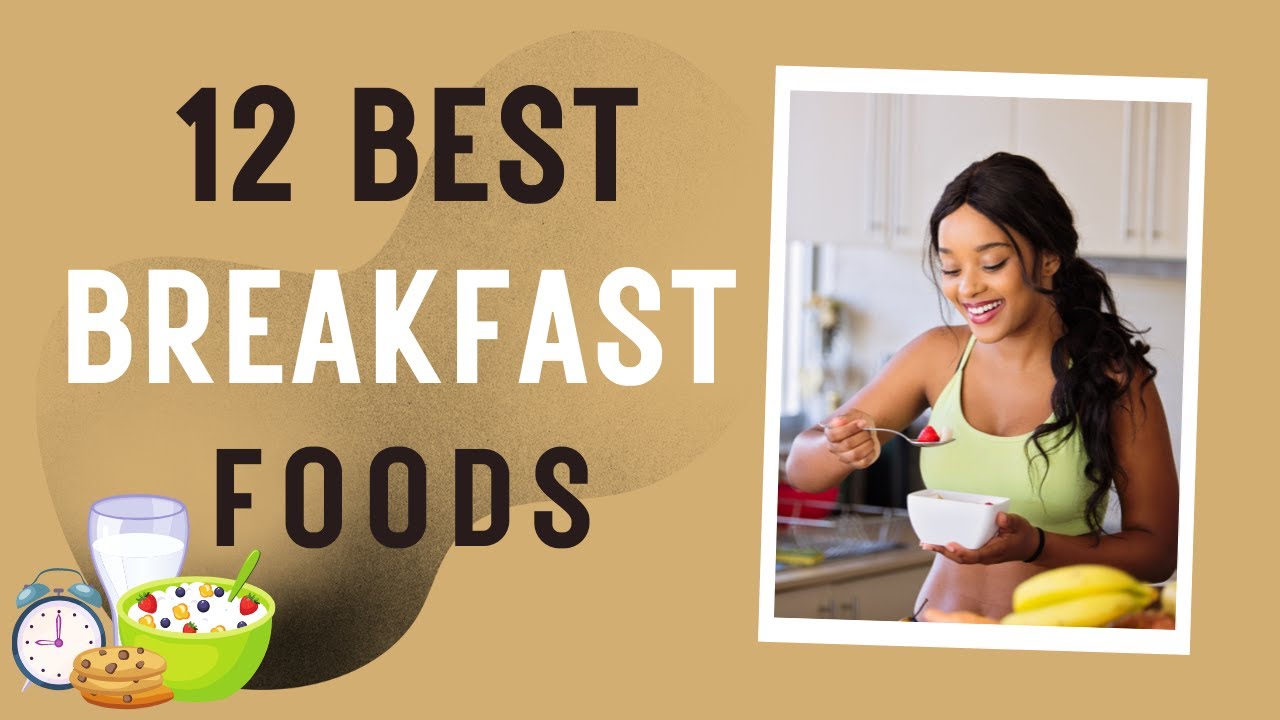
Making healthy choices can help prevent breast cancer. Make sure you eat a balanced diet that is rich in fruits and vegetables and limits your intake of refined carbohydrates and sugary drinks. Moderation is also important when it comes to lean protein intake and fish consumption. Exercise is also important for the prevention of breast cancer and can have a protective effect. Here are some useful tips. Continue reading to learn more.
Avoiding alcohol consumption is a great habit to develop. It increases your risk of developing breast cancer. The greater your alcohol consumption, the higher your chance of developing breast cancer. You should also avoid smoking and reduce your intake of red meat. Healthy weight can be reduced by eating a diet high in fruits, vegetables and other healthy foods. Studies show that overweight and obese women are more likely than those who are not to get breast cancer.

It is important to follow a healthy diet that includes cruciferous vegetables. These vegetables contain carotenoids. This is an antioxidant that may reduce your risk of developing ER-negative breast carcinoma. Try to eat a balanced diet, which is high in plant-based proteins and low in meat. Finally, avoid alcohol. It is a known carcinogen, and it may increase estrogen levels and damage DNA. Although research is ongoing, it may improve your health as well as provide more energy.
Maintaining a healthy weight is another great tip to reduce your breast cancer risk. The risk of developing breast cancer is higher if you are overweight or obese. Breast cancer risk increases after menopause when estrogen levels increase. A woman who drinks more than three glass of alcohol per day should be restricted to just one or two drinks per semaine. Replace animal fats by polyunsaturated oils and eat fresh fruits and veggies if you have an unhealthy weight.
Healthy eating habits are important, along with regular exercise. These foods contain high levels of vitamins, antioxidants, and minerals. They will protect you from breast cancer and keep the body strong. They can also help you to recover and nourish your body. This is a great way for you to be happy and healthy. It can help you to avoid anxiety, depression, and other mental disorders. It is important to limit alcohol intake if your smoking habit is severe.

Breast cancer can be caused by obesity, as we have already mentioned. In order to reduce your risk of developing the disease, you should start exercising regularly. There are several different ways to exercise. You can exercise in the local area, walk, jog or use your gym for your own personal training. These tips will help reduce your chance of getting breast carcinoma and make you live a longer, healthier life. These tips will help reduce your chances of getting the disease.
FAQ
Which exercise is the best for men?
The answer depends on what you are looking for. Cardio workouts are great for losing weight because they burn calories more quickly than strength training exercises.
Strength training, on the other hand, is better if you are looking to increase muscle mass.
Both types are good for improving your overall health.
I recommend HIIT (or sprint interval training) if you want to be fit quickly. This type helps you burn fat quickly, by increasing your metabolism. This type of training also increases your endurance, allowing you to train even when you are tired.
How many calories should I consume daily?
This can vary from person to person. On average, 2000 to 2500 calories are consumed per day. Based on your age, gender, height and activity level, you will need to calculate how many calories you require.
How many times per week do I need to exercise?
It all depends on how much time and what kind of exercise you like. The general rule of thumb is to exercise aerobically 3 - 5 days per week. It's important that you don't overdo it. For maximum results, consistent exercise is key to getting the most out of your workouts.
What exercises are the best?
It all depends on what type of fitness goals you have. Some people prefer endurance sports like swimming, cycling, or running. Others prefer lifting weights, or using resistance bands. There are many exercise programs on the market today. Choose an option that suits your lifestyle.
What's the Best Way to Lose Weight?
Losing weight is easier said than done. Many people give up because they don’t know what else to do.
However, there are some simple steps that you can take to shed those extra pounds.
First, you must ensure you eat fewer calories than you burn. If you eat more calories that you burn, you'll gain weight.
Second, you must start exercising regularly to burn off all those calories. You can choose from different types of exercises, including jogging, walking, cycling, dancing, etc.
Third, you need to stop drinking alcohol and smoking cigarettes. These habits can cause you to consume more calories that you would otherwise.
Fourth, you need to cut back on fatty foods and junk food. You can replace them with healthier options such as fruits, vegetables, lean meats, whole grains, nuts, seeds, beans, etc.
Fifth, you must change your lifestyle and adopt new habits. It is possible to wake up at 5 AM to go to work, or to be more active before you get to work.
Sixth, you must be disciplined and follow your diet plan.
Lastly, you can join a gym or attend an aerobics class to burn those excess calories.
You will quickly notice the difference by following these simple tips.
What if I exercise and drink alcohol?
Yes. Alcohol can increase energy expenditure and speed up recovery, as well as reduce soreness.
The insulin sensitivity of alcohol is also increased, which makes it easier for glucose to be absorbed.
However, alcohol can cause dehydration, which can slow down your metabolism. It also reduces testosterone production, which may decrease muscle-building potential.
These are the reasons women should not drink alcohol before going to work out. Women who have consumed a lot of alcohol should wait at most 24 hours before working out.
It is important that women who are nursing avoid alcohol.
Men should limit their intake to one drink per day.
Statistics
- Get free shipping and 25% off today. (healthline.com)
- 10 pounds in a month is likely during a lean bulking phase, especially for beginners. (muscleandstrength.com)
- By John Thompson Take a whopping 38% off a set of PowerBlock Pros. (menshealth.com)
- According to the American Heart Association, blood pressure should be checked at least once every two years, beginning at age 20. (my.clevelandclinic.org)
- An estimated calorie range for moderately active adult males falls between 2,200 to 2,800 calories per day, depending on age. (eatright.org)
External Links
How To
How do I lose weight while working out?
Exercise reduces calories by increasing metabolism, and oxygen consumption.
If you exercise with moderate intensity, you can safely lose weight.
These tips can help you to burn fat while training:
-
Cardio exercises can include running, walking, swimming or cycling.
-
Three times per week, exercise for 30 minutes.
-
Strength training is a great way to lose weight.
-
Avoid doing intense exercises. You can build muscle without having to lose muscle tissue.
-
Hydrate well during exercise. Water helps flush out toxins and keep your body properly hydrated.
-
After exercising, consume low-fat protein smoothies. Protein shakes help repair muscles and boosts energy.
-
Smaller meals are better for you.
-
Don't skip breakfast! Skipping breakfast can leave you feeling tired and sluggish.
-
Mental health is important. Stressful situations can slow your metabolism.
-
Keep a positive attitude. Studies show that people who believe they are overweight gain more weight then those who think they are attractive.
-
Sleep enough. Lack of sleep makes it harder to burn fat.
-
Stay active. Be sure to get up and move around every hour or two.
-
Maintain a healthy diet. Eating right keeps you feeling full and satisfied longer.
-
Find ways to relax. A tense mind doesn't allow your body to release stress hormones that break down muscle tissue.
A balanced diet contains all necessary nutrients for growth and development.
Six small meals per day is better than three large meals. This gives your body time and energy to process the food.
To maintain strong bones, you need to consume 500 mg of calcium each day. Calcium is available in dairy products like milk, yogurt, fortified soy beverages, orange juice, cereal, bread, and cereals.
Calcium is found in leafy green vegetables and beans, tofu as well as nuts, seeds, cheese, and seeds.
Vitamin D is required by the body to absorb calcium. Vitamin D is found in eggs yolk, fatty fish and fortified foods.
Vitamin E plays an important role in skin health. Vitamin E can be found in vegetable oils as well as wheat germ oil, peanuts and almonds.
Zinc is essential for healthy immunity and wound healing. Zinc can also be found in legumes, oysters, meats and whole grains.
Zinc deficiency may cause fatigue, loss appetite, depression, and impaired immunity.
Insulin resistance is caused by eating too much sugar, which can increase blood glucose levels. Insulin resistance leads directly to weight gain.
Insulin resistance occurs when the bloodstream is full of free radicals. Free radicals are molecules that have unpaired electrons, which can cause damage to cell membranes or other parts of your body.
Most free radicals come from pesticides herbicides, food additives, preservatives smoking, radiation, chemical in cosmetics, lotions and household cleaning supplies.
Free radical damage can lead to cancer, heart disease, diabetes, arthritis, asthma, and aging.
A well-balanced diet rich in antioxidants is the best way for you to avoid free radical damage. Antioxidants protect against oxidative damage.
Vitamin C (found on citrus fruits), Beta carotene, found in carrots and sweet potatoes, spinach and broccoli, cantaloupe (found in tomatoes, mangoes and peppers), and Vitamin E (found nuts, olive oil and avocados).
Other antioxidant nutrients include selenium, copper, manganese, and zinc.
Selenium is known to protect cells from the oxidative damage that free radicals can cause. Selenium can also be found in Brazil nuts (tuna), liver, kidneys and shrimp.
Copper protects the eyes, brain, lungs, liver, and red blood cells. Copper can be found in shellfish and poultry as well as meat and organ meats.
Manganese forms an essential part of bone structure. Manganese can also be found in oatmeal, brown rice, spinach and bananas.
Zinc is essential for normal growth, reproduction, wound healing, and average growth. Zn is found in lean cuts of meat, white fish, poultry, and eggs.